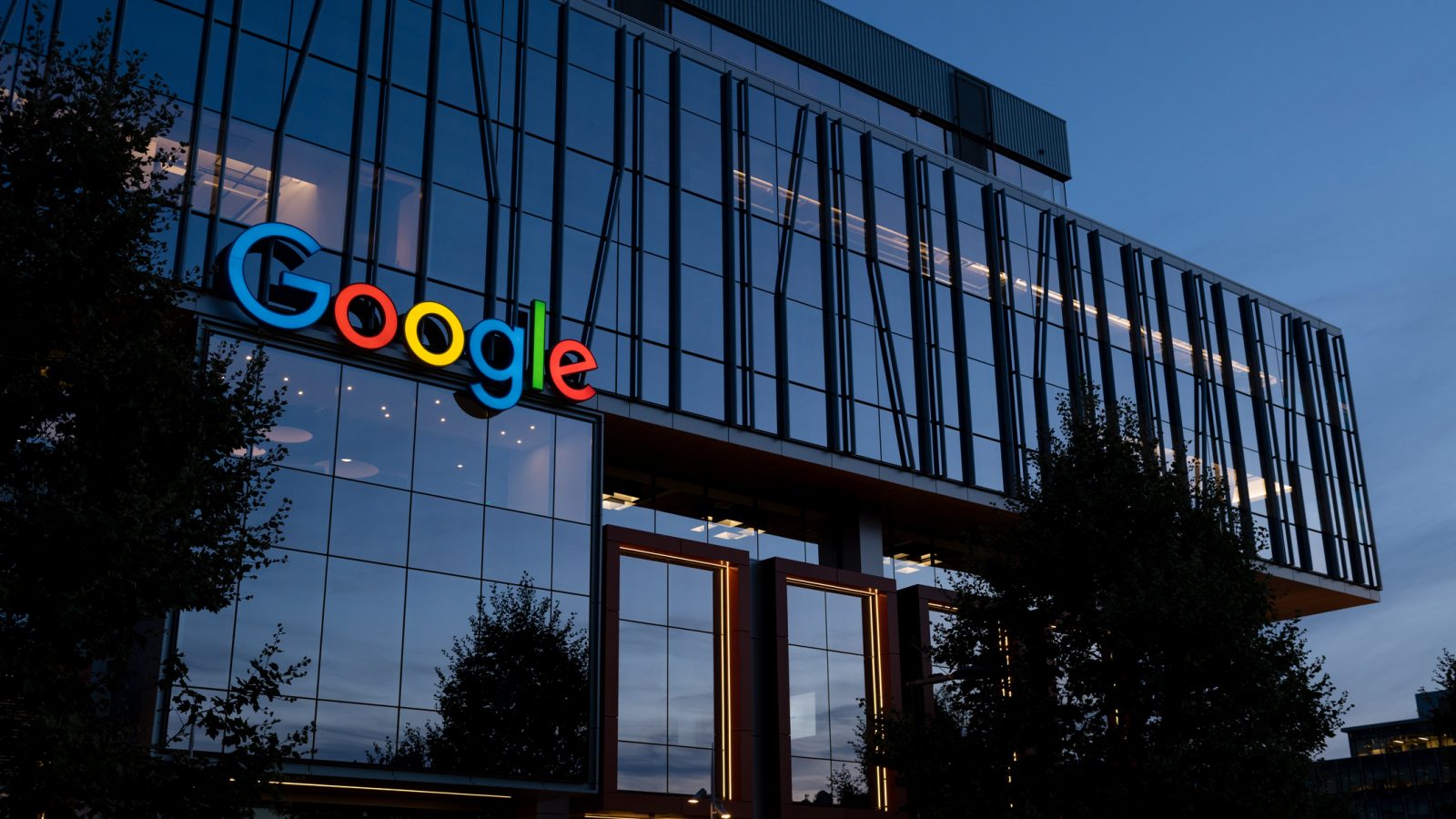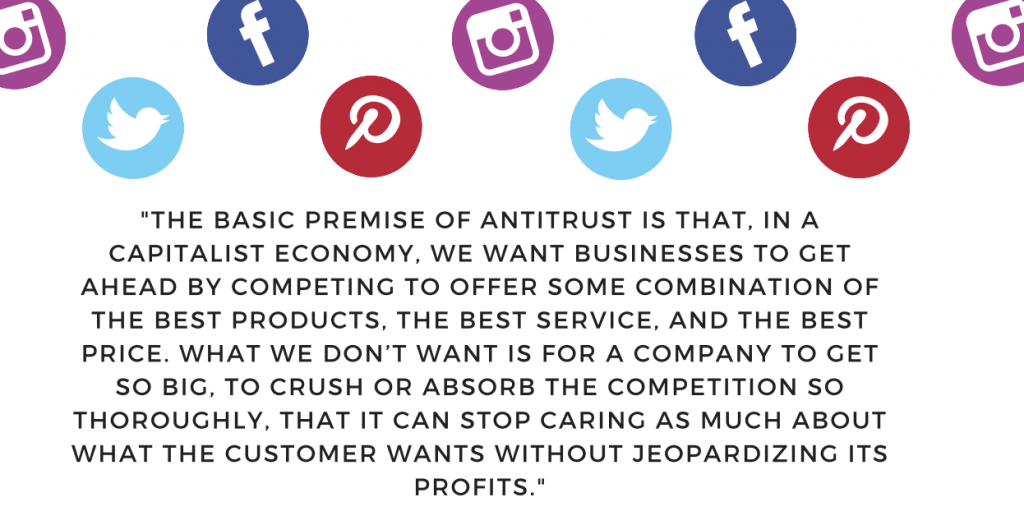
The Case Against How Google Went From Being a Company To a Verb
Latest US anti-trust case against Google questions the ubiquity of its search engine
Google’s litany of anti-competitive complaints recently reached a crucial apex with the United States Department of Justice filing a civil antitrust lawsuit against the tech behemoth. Such actions are now common in the European Union which first started investigating Google in 2015 for the same, however, this is the first time such a case has been successfully filed against the company in its home country. An attempt to do so in 2012 did not reach fruition due to uncertainty that a strong enough case could be made, even though regulators had been investigating Google’s practices for years. Since then, the company has become synonymous with the Internet by covering 90% of searches across the globe and more than 75% of Americans using YouTube for videos.
The present case essentially revolves around the plethora of exclusionary agreements that Google has signed with several other companies such as Apple to ensure its omnipresence and dominance. Apple earns $8 billion to $12 billion from the company to incorporate its search engine into their products, including being the default engine on their iPhones. Such a deal is not limited to Apple; Google pays other companies using their Android operating system to have their search engine pre-loaded and without the option to be deleted. The condition of being the default general search engine is vital to Google’s exclusivity and dominance since users have proven to rarely change the default, even though it is not difficult to do so. Their status as a leviathan is protected by such agreements which deny its competitors a free market, the opportunity to scale and reach their full potential of customer base.
The Justice Department estimated that the exclusionary agreements cover 60% of all general search enquiries, with nearly most of the remainder occurring through Google’s products such as their browser, Chrome. These lend the tech titan a totality of 90% market share in the search engine market, with 95% of queries on mobile devices. Not only do they maintain a monopoly in this manner, in some agreements and instances they specifically prohibit their counter parties from the usage of their competitor’s products. This is of immense concern to the Justice Department who believe that future innovation is at stake if antitrust laws against the company are not enforced. Additionally, it was concluded that Google restricting competition hampered consumers by compromising on the parameters of privacy, data protection and appropriate use of consumer data. To prove their case under S.2 of the Sherman Antitrust Act, the government will have to illustrate that Google is dominant in the general search engine market and their deals with other mobile phone companies restricts competition. Google, on the other hand, is expected to contest the definition of market used by the authorities.
The EU has cumulatively fined the enterprise 9 billion dollars in fines over its various anticompetitive practices in Google Shopping, Android and search advertisements with the appeals to these cases still in progress. Jurisdictions across the globe are becoming wary of the clout of the technology giants with Japan being the latest country possibly examining Google’s acquisition of FitBit.
In India itself, Google has faced four cases of such nature, with the Competition Commission of India recently commencing an investigation whether they are abusing their dominant position in the Smart television market. This is alleged to be done by asking its suppliers to sign agreements that it will not sell software competing with Android on devices apart from televisions such as smartphones. Previous CCI cases against the company range from examining abuse of their dominance with their search engine, smartphones and promoting Google pay over other apps in their Play Store. The first case resulted in a ₹135.86 crore fine in 2018, though it is currently under appeal.

Some argue that innovation is a natural eliminator of monopolies such as Facebook replacing Myspace, which was dominant back then and hence, this magnitude of scrutiny into the technology giants is but a waste of resources. Others opine that the longevity of such antitrust trials dilutes the effect of their eventual outcomes, with the Microsoft trial beginning in 1997 however seeing the end of its various legal process only in 2011. Coincidentally, the current complaint against Google refers to their position in the trial where they alleged that Microsoft’s practices were anticompetitive, “and yet, now, Google deploys the same playbook to sustain its own monopolies”.
While it is best to maintain cautious optimism about the results of this particular lawsuit, it does signal an expansion in the conversation around the measures needed to police the excessive powers of such technology giants. For too long, the US has given a free reign to its companies facilitating digital experiences around the globe, and their recent attempt in curbing such influence is a much needed one to ensure some parity for other enterprises to access such relevant markets. The trade-off, however, could be at the expense of how all of us navigate the digital realm and the features we have come to take for granted in it.
To conclude, as Gabriel Weinberg, CEO of the privacy focused search engine, Duckduckgo stated – “Historians will hopefully look at today as the beginning of the end of the surveillance economy”.
Views are personal.



